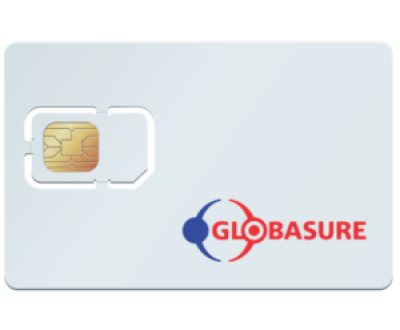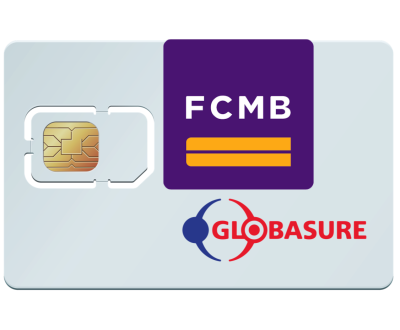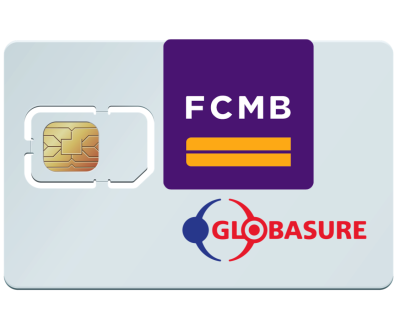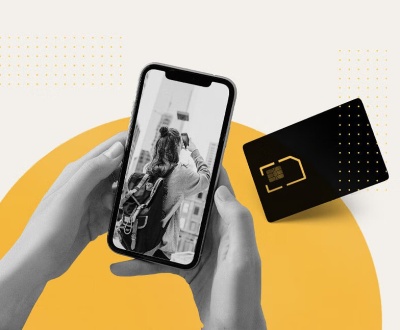In a bid to address issues of safety of customers’ funds and avoid losses through compromise of Personal Identification Numbers (PIN), the Central Bank of Nigeria (CBN) is to introduce Biometric authentication of Point of Sale (PoS) and Automated Teller Machines (ATMs) by 2015.
CBN governor Sanusi Lamido Sanusi made this known during a stakeholders’ sensitisation meeting on cashless policy organised by the bank in Abuja, yesterday. Sanusi, who was represented by the branch controller, CBN, Abuja, John Chukwudifu, said the bank is aware of the problems being faced by Nigerians since the introduction of the cash-less policy and assured that the apex bank is doing all it can to mitigate them.
He said, “No doubt, with the introduction of cashless society, there would be prevalent use of credit card to perform transactions on ATM, POS and Internet banking, and these transactions would have to pass through the public infrastructure which are prone to cyber threats as being experienced in developed economies of the world. Cases of debit and credit cards cloning are another vulnerable area that needs urgent attention for the country to reap the benefits of cashless society.”
The CBN had taken a giant step to gain the confidence of ATM consumers following the circular enforcing migration from Magstripe type of debit card to chip and Pin (EMV compliance) type of debit card. Statistics show that this effort has reduced the fraud incidences by 90 per cent. Many customers are now embracing these electronic (ATM and PoS) channels in their transactions because of near-impossible efforts of would-be fraudsters to clone debit cards to perpetrate fraud as was the case during the pre-migration era, he said.
Sanusi said that the Nigerian economy is heavily cash-oriented in transactions of goods and services (especially retail transactions) which is not in line with the global trend, considering Nigeria’s ambition to be amongst the top 20 economies by the year 2020. He disclosed that “the major focus of payments system reform is to increase the diversity and liquidity of payments instruments. Thus, enhanced efficiency of the payments systems has been achieved in many modern economies, driven by the user’s changing needs, competition among service providers and changes in technology. Consequently, reform of payment system has been a critical element of major CBN reforms. The cashless policy driven by the CBN does not mean the absence or replacement of cash. However it is the provision of safer and more efficient alternatives of payments to bank customers”.
“The development of the PSV 2020 strategy document attempts to benchmark the Nigerian payments system in line with global best practice of ensuring national utilisation and international recognition of the payment s system.”
Foremost of the challenges in Nigeria is displacing cash as the preferred means of payment. The cost of cash to Nigeria’s financial system is high and increasing. In fact, the direct cost of cash is estimated to reach N192billion in 2012. This escalating cash management cost, most of which is passed on to the customers in the form of bank charges and lending rates, is as a result of cash dominance of the economy.
Some payment channels have been identified to have the great potential impact driving the usage of electronic payments and thereby reducing the use of cash in the economy. They include cash payments through PoS terminals and ATMs, mobile money payments, electronic payments of all forms, Internet banking,” he said.
Sanusi said the CBN has licensed some mobile scheme operators who operate mobile payment transactions with the view to bringing the unbanked or financially excluded into the banking culture and shore up their access to credit facilities. Prior to the issuance of licence, necessary guidelines and framework that would guide the operations of the scheme operators were rolled out by the CBN to curtail excesses and mitigate operational risk.
Globasure is a provider of simple, smart payment solutions.
More from our blog
See all postsRecent Posts
All Website Tags
Leave a Comment cancel
This site uses Akismet to reduce spam. Learn how your comment data is processed.








 WhatsApp us
WhatsApp us